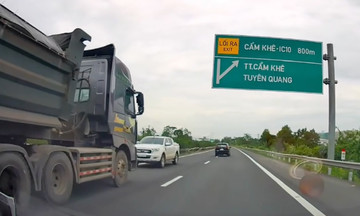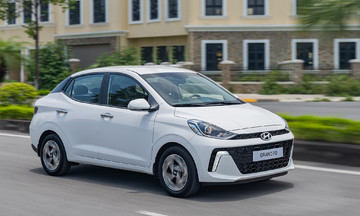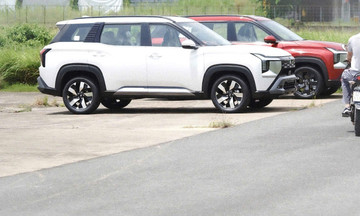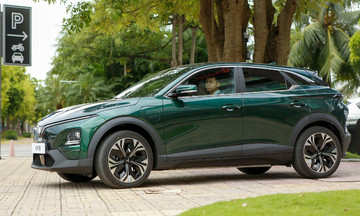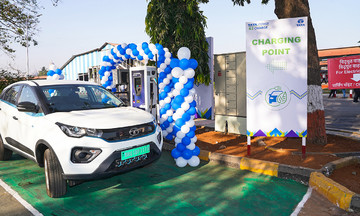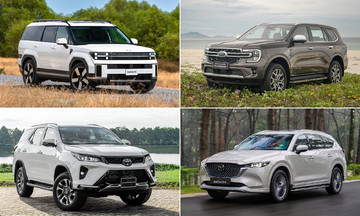China is developing a centralized digital platform to streamline the processes of purchasing vehicles, insurance, tax payments, licensing, and financing. The China Association of Automobile Manufacturers (CAAM) held a conference in Wuxi, Jiangsu province, on 23/7. Government officials, industry leaders, and representatives from 16 leading Chinese auto companies, such as BYD, Geely, SAIC, FAW, Nio, and Xpeng, attended the conference, according to Auto-home.
While primarily focused on new car transactions, the new platform also aims to enhance transparency in the market for used, but "zero-mileage," cars. These vehicles are often resold immediately after registration to avoid taxes or fees. The reforms aim to improve data sharing and traceability, addressing challenges in this area.
The traditional Chinese auto market often involves separate processes, requiring buyers to interact with multiple agencies and submit duplicate documents. Officials emphasized ongoing digital reforms to improve efficiency and performance. AI-driven pre-inspections now allow new vehicles to be inspected at the factory, reducing registration time.
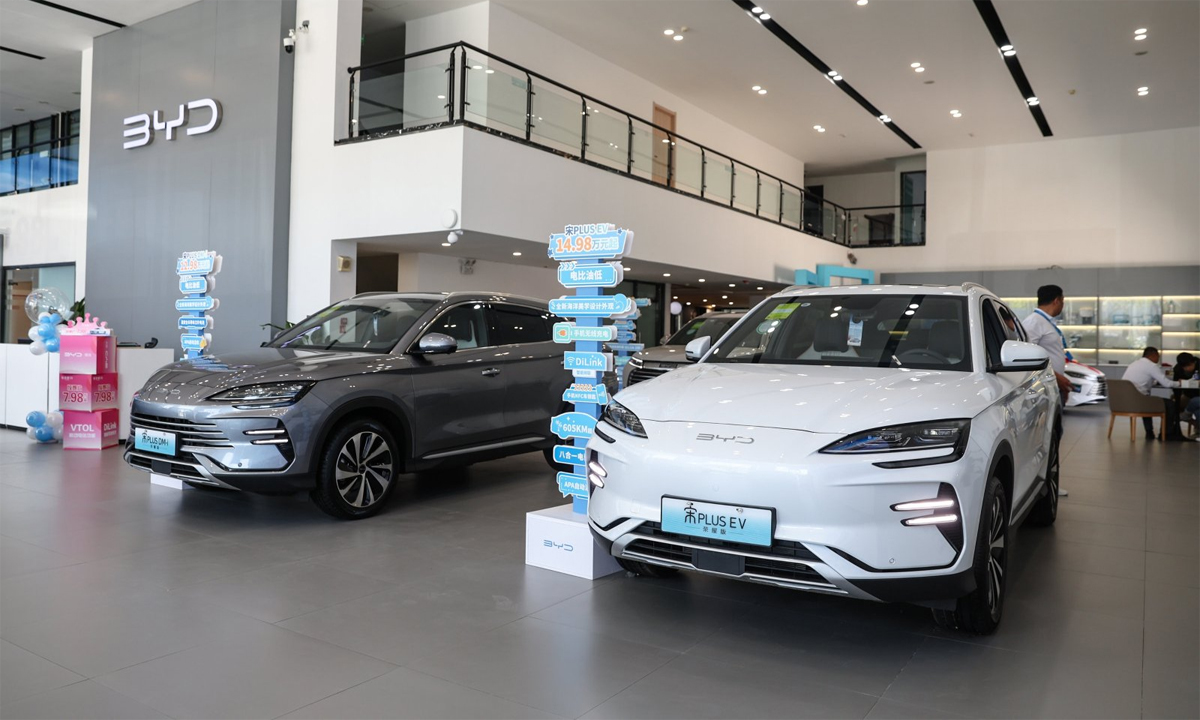 |
A BYD car dealership in Beijing, China. Photo: EPA |
A BYD car dealership in Beijing, China. Photo: EPA
Pilot programs in cities like Chongqing and Changzhou have demonstrated that fully online services can reduce processing time by approximately 60%.
Local authorities are actively engaging businesses in developing pre-inspection standards for vehicles. They are using AI-assisted inspections to ensure consistency between the physical vehicle and its data, achieving an accuracy rate of over 99%. According to the report, Chongqing conducted pre-inspections on over 700,000 vehicles in the first half of this year, a 16% increase compared to the same period last year.
Automakers have actively contributed to these reforms. Changan has implemented factory-level inspections for all its vehicles and completed over 700 online registrations, reducing average customer processing time from three days to under 30 minutes.
Other automakers are also gaining experience. GAC has connected three of its independent brands to a traffic management application and plans to launch it in early August. Dongfeng, Geely, Great Wall Motors, Beijing Hyundai, and other automakers have established special working groups and plan to fully implement digital services for new car registration by August.
To address issues like "low accuracy of the recognition system" and "insufficient lighting on the production line affecting photography" during pre-inspection, SAIC increased the recognition rate to over 95% through technological upgrades.
Challenges remain, including insufficient data integration between tax, finance, and insurance departments, as well as regional policy differences that hinder centralized implementation. Dealerships have also expressed concerns about adapting to digital workflows.
Participants emphasized the need for nationwide standards, expanded online services, and a clear roadmap to address these challenges.
China’s Ministry of Public Security noted that over 200 million vehicle owners have benefited from digital documents, such as electronic driver's licenses, which reduce administrative burdens.
The workshop concluded with a call for increased collaboration between government agencies, automakers, and service providers to improve data connectivity, share platform resources, develop security technologies, and optimize the user experience.
My Anh (CarNewsChina)



